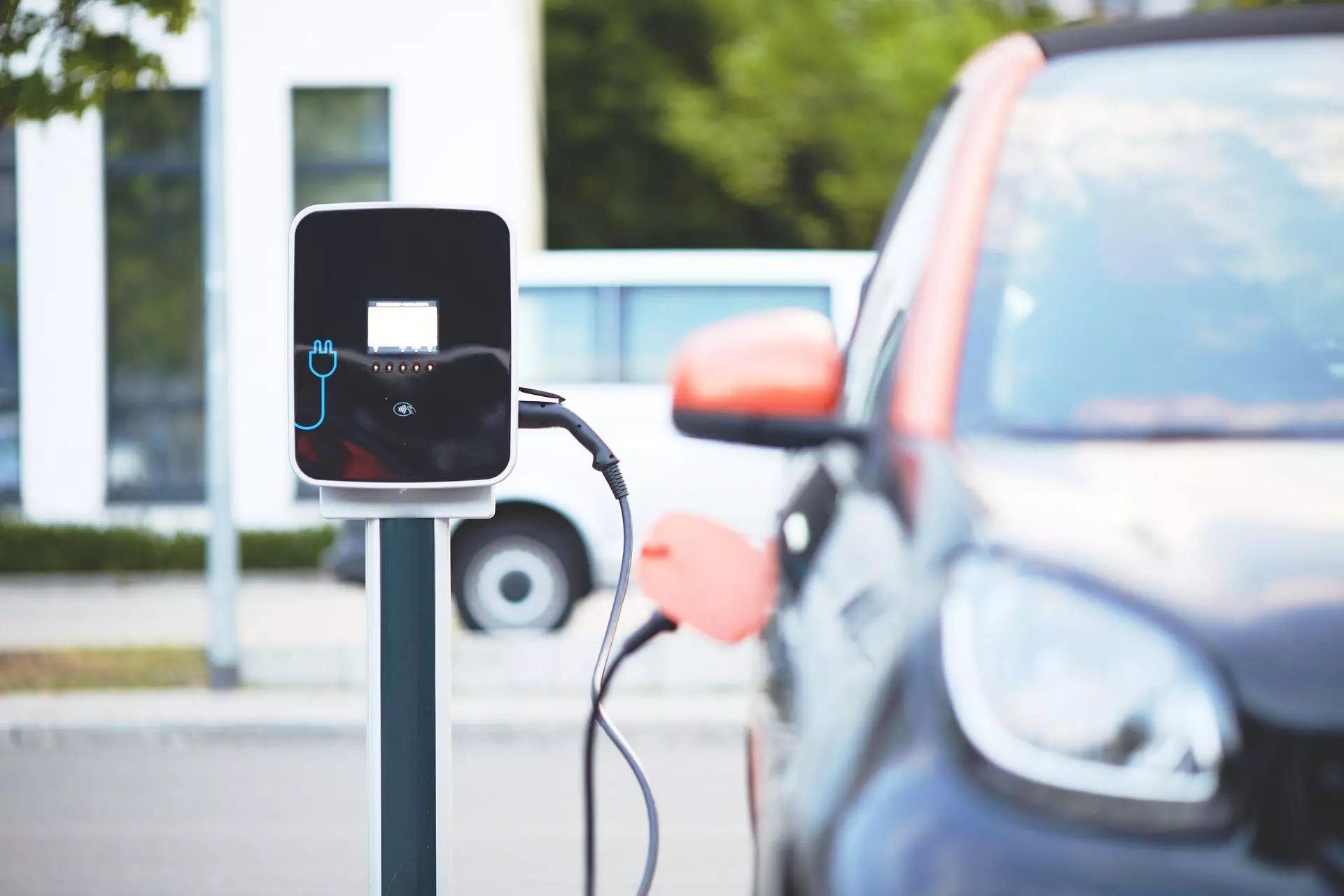Florida’s climatic conditions make it a unique testing ground for electric vehicle (EV) infrastructure resilience, particularly as hurricanes and severe weather events become more frequent. The topic has gained urgency with rising conversations around climate change and its inevitable impacts on urban planning and infrastructure. A study recently published by the University of Florida (UF) seeks to shine a spotlight on the vulnerabilities within electric vehicle charging services amidst these extreme weather events. Taking a more proactive approach to infrastructure design is essential to ensure electric vehicle services can endure and adapt to the complications posed by hurricanes.
Such investigations highlight the immediate need to understand how various factors, including physical locations and socioeconomic dynamics, contribute to the resilience of charging infrastructure amidst weather-related disruptions. As electric vehicles gain traction, the viability of charging stations during crises is crucial not just for efficiency but for public safety as well. Given that a significant portion of Florida’s population relies on these electric vehicles, the resilience of charging networks becomes a matter of public interest.
The research led by Yan Wang, Ph.D., emphasizes the importance of advanced planning techniques in mitigating the vulnerabilities present within EV charging networks. According to Wang, the integration of innovative modeling strategies and counterfactual analyses can enhance the comprehension of potential impacts on charging systems during hurricanes. This formal approach goes beyond recognizing weaknesses; it sets the stage for devising actionable solutions aimed at improving infrastructure and ensuring equitable access to these essential services.
Collaborative efforts among researchers at UF, including Ruth Steiner, Ph.D., and doctoral candidate Ziyi Guo, underscore the multifaceted approach necessary to tackle these issues. Investigating the aftermath of destructive events like Hurricane Ian, the team provides a roadmap for developing resilient charging infrastructures that can withstand future disruptions. Wang highlights findings that emphasize more robust networks of charging stations and diverse access points generally perform better when facing extreme weather, indicating that collaboration and connectivity among services are crucial.
A significant aspect of this research is the identification of existing inequities within charging networks, particularly affecting lower-income and elderly populations. As highlighted by Guo, residential areas, irrespective of their direct exposure to flooding, can become drastically cut off from EV services, exacerbating pre-existing disparities. This calls for a more participatory framework in preparing for and recovering from environmental shocks, ensuring that all communities benefit equally from the shift toward electric mobility.
By examining the accessibility of EV charging infrastructure across different demographics, researchers stress the importance of creating a system that includes everyone, particularly vulnerable populations. The implications extend beyond local boundaries, as the lack of equitable access demands systemic change to guarantee inclusive benefits during emergencies.
The team’s introduction of a counterfactual analytical framework employing a multi-agent-based model is a critical innovation, providing valuable insights into the vulnerabilities of EV charging services. This framework allows for simulating worst-case scenarios and assessing the resilience of infrastructure, which will inform better proactive planning strategies. Wang emphasizes that the previous findings unveil an imbalance in the existing network — one that not only limits widespread EV adoption but further amplifies socio-economic inequities.
With Florida as a focal point, researchers aim to develop methodologies that can potentially channel resources and engage various stakeholders in bolstering these essential services. This proactive methodology also serves as a scaffolding for improved resilience by taking into account not only the structures themselves but also user behavior and socio-geographic characteristics that could influence charging station effectiveness during emergencies.
As Florida faces the inevitability of future hurricanes and climate-related challenges, the ongoing research at the University of Florida provides a critical foundation for urban planners and policymakers. By advocating for anticipatory planning frameworks, the study illustrates the need to understand and address both the physical and behavioral components affecting the resilience of electric vehicle charging networks.
Moreover, the versatility of the methodology deployed suggests its application extends well beyond Florida and can be adapted for various geographic contexts. By integrating these insights into broader urban planning efforts, cities can develop a more robust infrastructure capable of withstanding the inevitable trials posed by climate change.
As Florida navigates the complex interplay of electric vehicles and severe weather, the findings of this study not only illuminate the pressing needs for resilient EV charging networks but also act as a clarion call for equitable and proactive infrastructure planning. The path forward will require collaboration, innovative thinking, and a commitment to ensuring that all Floridians benefit from advancements in electric mobility, especially in times of crisis.


Leave a Reply